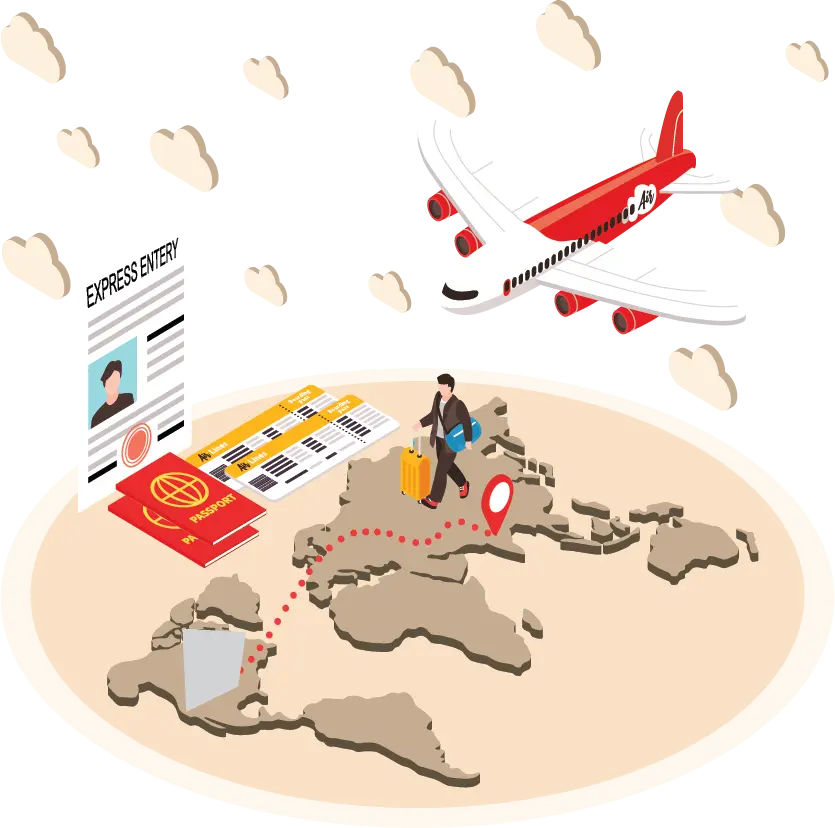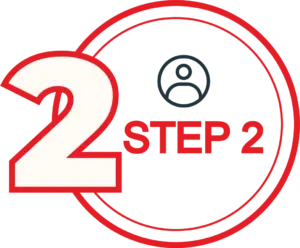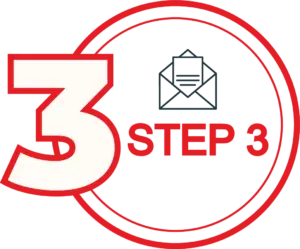Enhance your prospects for Canadian Permanent Residency through the Express Entry Program. It is the fastest and most popular pathway for newcomers to Canada, whether they are from abroad or already here. This program not only accelerates your journey to permanent immigration to Canada but also ranks as the most favored option among aspiring newcomers. Applicants are required to submit an online application to express their interest by creating an Express Entry (EE) profile, which includes information about their skills, work experience, language abilities, education, and some other details. Having submitted their profile, candidates receive a score based on the Comprehensive Ranking System (CRS). Highest ranking candidates from express entry are regularly invited to apply for Canadian Permanent Residence. Express Entry manages applications for permanent residence under these federal economic immigration programs:


Assess your eligibility by answering questions, reviewing detailed criteria, and understanding the specific requirements for the Federal Skilled Worker Program, the Federal Skilled Trades Program, and the Canadian Experience Class.

Once you have created your Express Entry profile, you will be ranked using the Comprehensive Ranking System (CRS). This system assigns a score based on various factors including your skills, experience, and education.

IRCC will invite candidates with the highest rankings. If invited, you have 60 days to submit a complete application.
Immigration, Refugees & Citizenship Canada (IRCC) aims to process the application within 6 months. Application may be delayed or returned if it is not complete.
Express Entry is a digital system utilized by Immigration, Refugees and Citizenship Canada (IRCC) to streamline the application process for four key federal economic immigration programs targeting skilled workers. Candidates are invited to submit a detailed online profile to the Express Entry (EE) system, highlighting their skills, work experience, language proficiency, educational background, and other pertinent details. Profiles are assessed and scored using the Comprehensive Ranking System (CRS), which factors in skills, experience, language proficiency, education, and additional elements (such as Canadian family connections, local education, or valid job offers). Top-ranked individuals in the Express Entry pool are periodically invited to apply for Canadian Permanent Residence
To express interest, candidates create an Express Entry profile, detailing their educational background, skills, work experience, language proficiency, and other personal information. This profile serves as a digital expression of interest (EOI) in Canadian immigration.
No. Creating an Express Entry profile is free. Fees are only applicable when submitting a permanent residence application after receiving an ITA.
Yes, unless applying under the Canadian Experience Class or possessing a valid job offer from a Canadian employer, candidates must demonstrate sufficient funds to support themselves and their families in Canada. This financial requirement, although not a fee for the Government, is crucial for permanent residence visa approval. The required amount varies based on family size.
Submitting false information, or misrepresentation, can lead to severe penalties, including a five-year prohibition from re-entering the Express Entry pool. Accuracy and honesty in providing information are paramount.
The Comprehensive Ranking System (CRS) is a points-based mechanism used to score and rank candidates in the Express Entry pool. Points are awarded based on core human capital factors (age, education, language proficiency, Canadian work experience), spouse or common-law partner factors, skill transferability factors, and additional factors like provincial nominations, job offers, Canadian education/experience, sibling connections in Canada, and French language skills. The total score can reach 1,200 points.
After profile submission, candidates receive a CRS score to determine their ranking in the pool. High-scoring candidates are invited to apply for Canadian Permanent Residence.
Candidates are required to update their profile to reflect any changes in their status, such as in language ability, family composition, work experience, or education credentials.
Highest ranking candidates from Express Entry pool are regularly invited to apply for Canadian Permanent Residence. If a candidate’s score is close to, equal or higher than the minimum CRS score cut-off in most recent Express Entry draws, then they will likely be competitive in the Express Entry pool candidates.
Predicting future CRS score cut-offs is challenging due to factors like the timing and frequency of draws, the number of Invitations to Apply (ITAs) issued, and changes in the profiles within the pool.
Improving language skills can significantly boost CRS scores, especially if candidates achieve a Canadian Language Benchmark (CLB) level of 9 or above. Accumulating more work experience, particularly beyond three years, and showcasing spousal language proficiency and education can also increase scores. Securing a job offer from a Canadian employer or receiving a Provincial Nomination can lead to substantial CRS points increase.
No. A job offer is not mandatory for Express Entry, though a valid job offer can add significant points to the application.
Most provinces and territories, with some exceptions, use Express Entry to nominate candidates who meet their local labor market needs through “enhanced” nominations. An enhanced nomination adds 600 points to a candidate’s CRS score, virtually guaranteeing an ITA for permanent residence.
Express Entry accepts IELTS General Training, CELPIP General and PTE Core for English proficiency and TEF and TCF for French proficiency.
Canadian employers can directly influence candidates’ chances in the Express Entry pool. Job offers, especially those supported by a Labour Market Impact Assessment (LMIA), can significantly increase a candidate’s CRS score. Certain work permit holders with job offers from their current employers can also gain additional points.
An ECA is required for candidates in the Express Entry pool who wish to be considered for draws related to the Federal Skilled Worker Class (FSW) unless they received their post-secondary education in Canada. For candidates who are hoping to apply to the Federal Skilled Trades Class or Canadian Experience Class, an ECA is optional but may increase the points they receive on the Comprehensive Ranking System (CRS) and improve their chances of being drawn from the pool.
An applicant may have a birthday after they receive an ITA but before they submit their e-APR. Their change in age may lower their CRS score below the lowest score in the round of invitations. It may also result in the applicant no longer meeting the minimum requirements of the FSWC and, consequently, no longer meeting the Minimum Entry Criteria, resulting in a refusal based on section A11.2. When a change in age results in the candidate no longer meeting the Minimum Entry Criteria (MEC) or having their recalculated CRS points score fall below the lowest points score in that round of invitations, IRCC officer may consider applying the public policy to exempt applicants for permanent residence from certain age-based requirements between invitation to apply and application, based on section A25.2. This consideration can result in an exemption from the refusal of an application under section A11.2. The public policy also grants an exemption to applicants who may be refused for failing to meet FSWC program requirements when their birthday occurs between the ITA and e-APR.
There is no maximum age for Express Entry applicants. However, the applicants who are between 20-29 years old, receive the highest points. Applicants who are 45 years or more do not get any points for age factor.
Express Entry allows principal applicants to include their spouse, partner, and dependent children in the application. Points are awarded for certain attributes of the spouse or partner. Dependent children are defined as those under 22 years of age or those who are financially dependent due to a physical or mental condition.
Yes, you may choose to immigrate without your spouse and/or children and then sponsor them through a family sponsorship immigration program later. However, you must declare your spouse or partner and children on your application, even if they are not accompanying you. You can indicate in your Express Entry profile that they will not be accompanying.
Yes, including a spouse or partner can affect CRS points distribution, particularly in the Human Capital Factors category. A maximum of 500 points can be awarded for these factors, with the potential addition of points for the spouse’s or partner’s language skills and education. Note: Even if your spouse or partner is not accompanying you to Canada, you still must include them on your application. Simply indicate that they are not accompanying you to Canada.
Occupation-specific draws in the Express Entry system target candidates with specific work experience or occupational backgrounds. Unlike regular Express Entry draws, which invite candidates from the entire pool based on their CRS scores, occupation-specific draws focus on inviting candidates with experience in particular occupations that are in demand in Canada.
Start your adventure: Explore immigration policies, services, and resources…